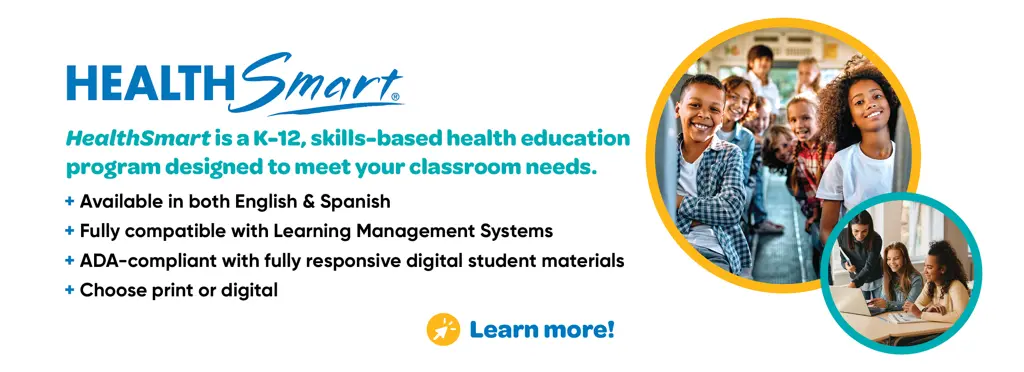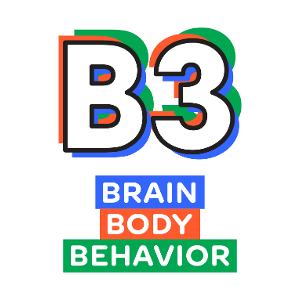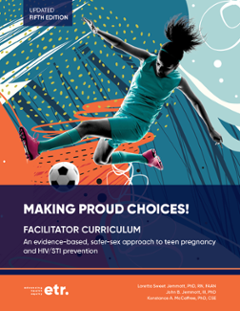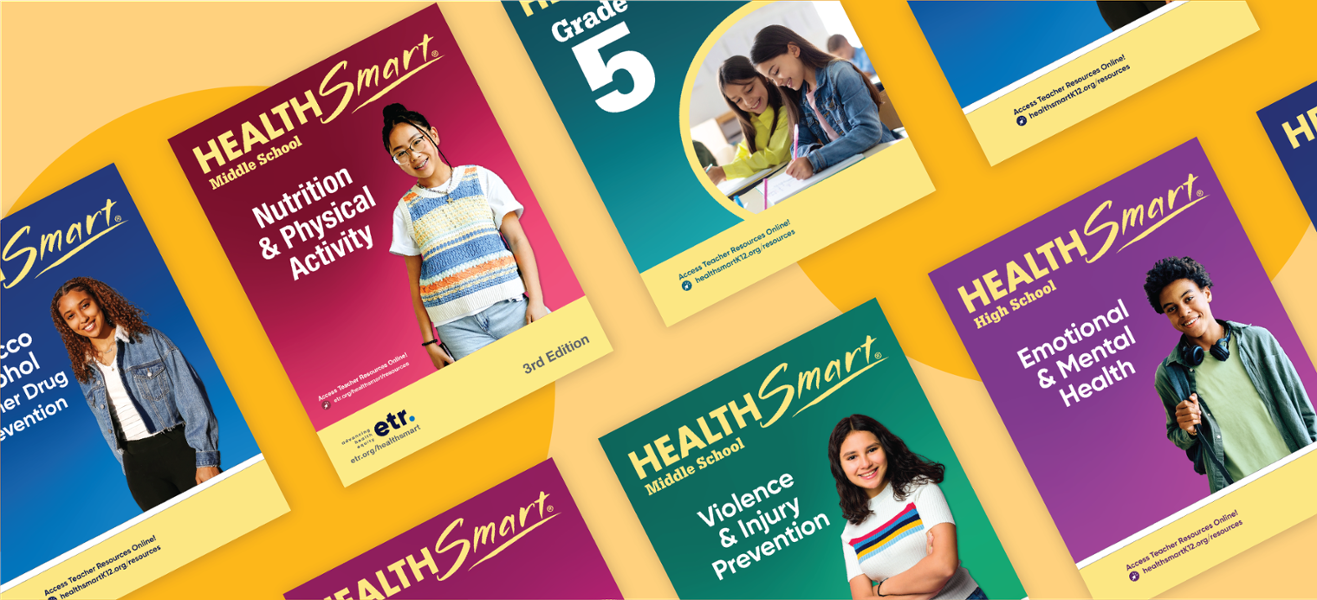
HealthSmart
ETR's leading K-12 health education curriculum gives children and youth the knowledge and skills to make healthy choices and establish life-long healthy behaviors.
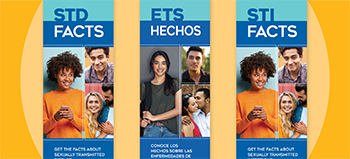
STD & STI Facts
Help your community learn about STD/STI prevention, testing, treatment, and general knowledge through these easy-to-read resources. Start with the most popular, STD Facts and STI Facts pamphlets.

Keepin' It Real
Keepin’ It Real empowers youth with the skills to confidently resist drug use and make positive choices. This curriculum builds decision-making, communication, and refusal skills through engaging lessons and real-life scenarios.


